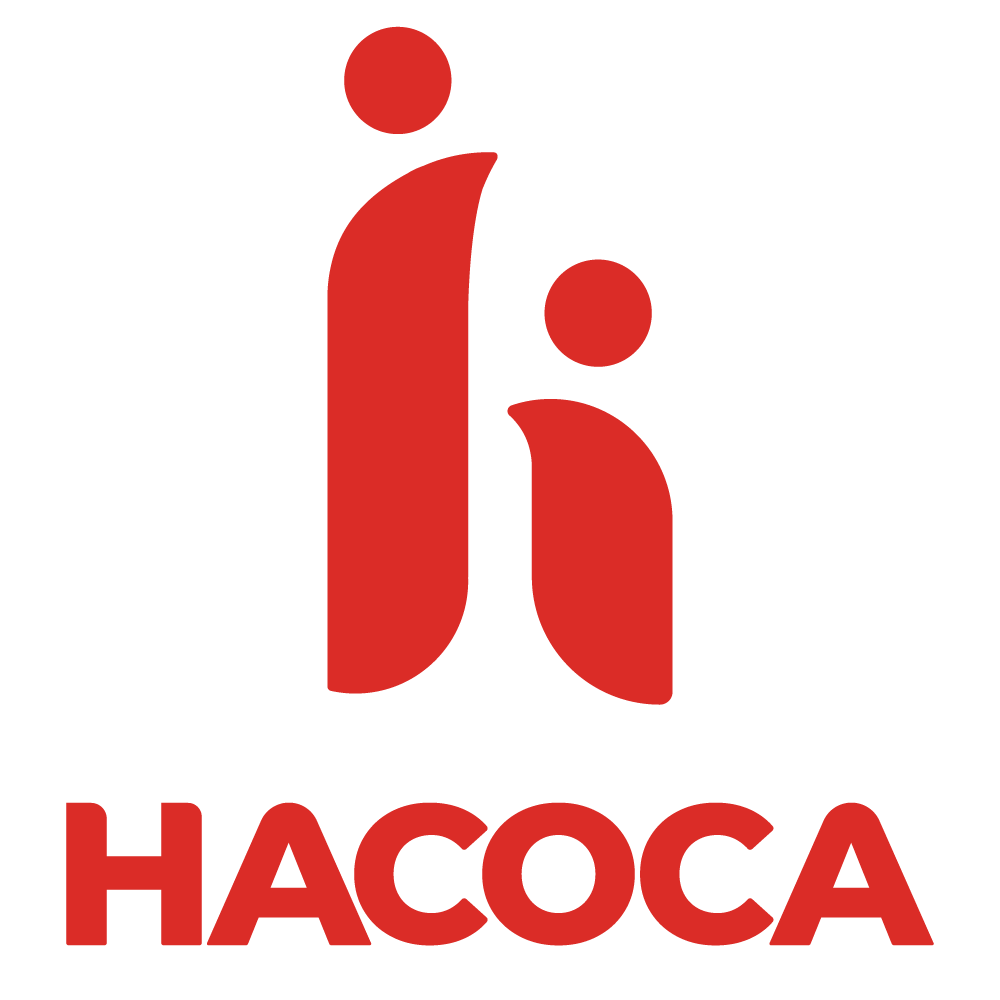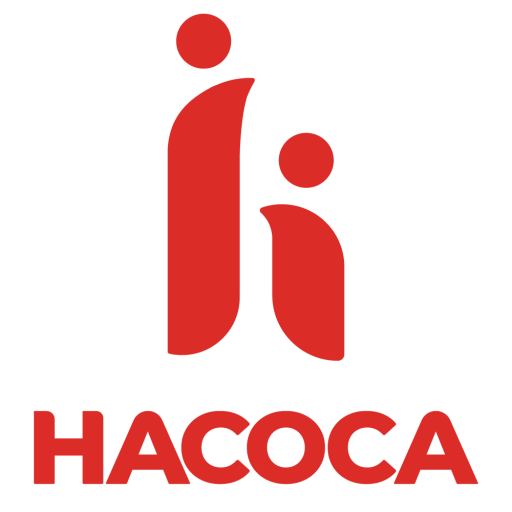Care and Support to MVC in Morogoro Urban
This project’s objective is to provide care, support, and protection services to MVC, addressing issues such as exploitation and abuse
Project Overview
HACOCA implemented a three-year Global Funded project in partnership with Care International, focused on reducing the adverse effects of HIV/AIDS, poverty, exploitation, and abuse among the Most Vulnerable Children (MVC) in Morogoro Municipal Council and Kilombero District Council. The project aimed to address critical challenges faced by these children, including high school dropout rates and poor health conditions. By providing enhanced psychosocial support and ensuring access to essential health services, the project significantly improved the educational outcomes for vulnerable children, enabling them to stay in school and thrive academically. Additionally, the project addressed malnutrition among young children by offering complementary feeding programs and educating caregivers on nutritional best practices, ultimately improving the health and well-being of malnourished children in the community. These combined efforts helped to create a more supportive and nurturing environment for the most vulnerable, ensuring their long-term development and resilience.
Project Achievement
The project successfully improved the educational status of 14,050 Most Vulnerable Children (MVC) by reducing school dropout rates through targeted psychosocial support and increased access to health services. Additionally, the project enhanced the health and well-being of 1,160 malnourished children under five years old in Morogoro Municipal by providing complementary feeding programs and educating caregivers on proper nutritional practices. Qualitatively, the project created a more supportive and nurturing environment for these vulnerable children, addressing the challenges of poverty, exploitation, and abuse. This comprehensive approach not only led to better educational outcomes but also significantly improved the overall well-being and future prospects of the children involved.
Provision of Education on Pastoralist Conflict Resolutions
This project’s objective is to provide education on peaceful conflict resolution strategies to 225 pastoralists and farmers in Mvomero District.
Project Overview
This project was initiated in response to the recurring and often intense conflicts between pastoralists and indigenous farmers in Mvomero District, primarily driven by disputes over land use for agriculture and grazing. Recognizing that these resource-based conflicts were a significant barrier to economic stability and social harmony in the region, HACOCA implemented a comprehensive approach to address the issue. The project focused on educating both farmers and nomadic pastoralists on conflict resolution techniques, emphasizing peaceful negotiation and resource-sharing strategies. Through a series of workshops, community dialogues, and mediation sessions, the initiative aimed to foster understanding and cooperation between these groups, ultimately promoting a more sustainable and peaceful coexistence in the district.
Project Achievement
The project successfully reached and engaged 225 pastoralists and farmers in Mvomero District, significantly contributing to the reduction of land-related conflicts between these groups. Through targeted workshops, community dialogues, and mediation sessions, the project equipped participants with effective conflict resolution techniques and fostered a deeper understanding of peaceful negotiation and resource-sharing strategies. As a result, the initiative played a crucial role in promoting cooperation and social harmony between the farmers and nomadic pastoralists, addressing a longstanding issue that had hindered economic stability in the region.

